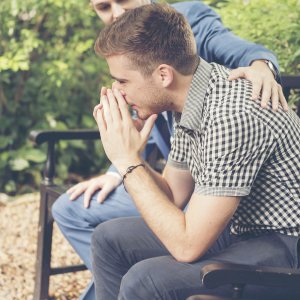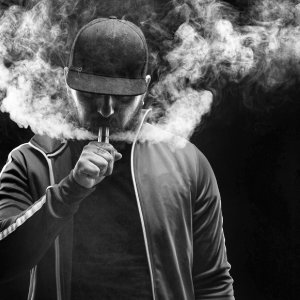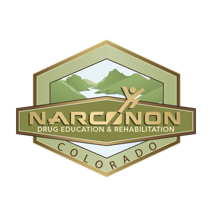How to Make a Difference in the Addiction Epidemic
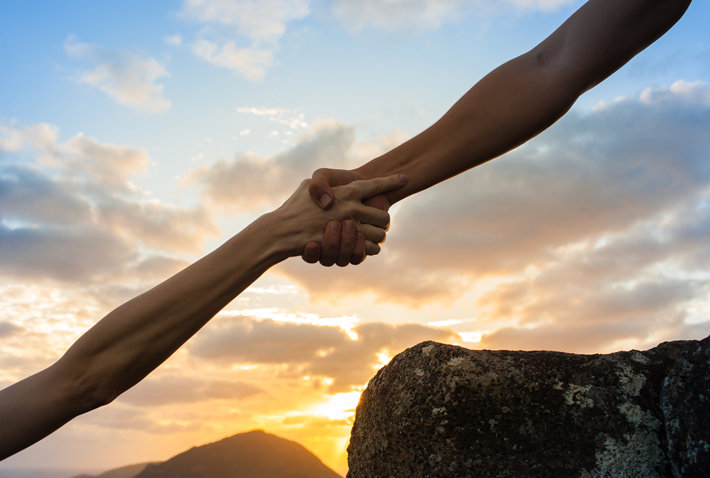
Even if no one in your family has a drug or alcohol problem, substance abuse can still have an impact on your life. We all live in the same society and so we are affected by other people in our communities whether we want to believe it or not. I have heard a lot of people say, “None of my friends use drugs so addiction doesn’t impact me.” Well even if you think that you don’t know anyone who is addicted to drugs or alcohol, the odds say that you do.
It could be a coworker, a neighbor, or someone driving under the influence beside you on the road. The thing is, a lot of people who have an addiction aren’t very open about the fact that they have a problem because so many people look down on them.
From dirty needles in parks to the vast amounts of tax money that goes towards incarcerating people on drug possession charges, addiction impacts us all. It’s a hard truth to accept, but only by realizing the extent of the problem are we able to finally do something about it. So while not everyone is going to be working on the front lines of this crisis, there are things that we can all do to help contribute to the solution.
Talk to your kids about the realities of drug and alcohol abuse.
It’s pretty obvious that the “just say no” approach hasn’t really worked out all too well for a whole lot of people. You can’t simply try and scare kids away from drug use. You need to have real conversations with them on the subject. It needs to be an ongoing conversation, boundaries need to be set and consequences need to be followed through with. Simply telling your children not to use drugs isn’t enough and if you aren’t sure how to start, then reach out for guidance.
If you are in recovery be open about it with others.
A lot of people don’t realize how many people out there are in addiction recovery. The more that the recovery community is open with others about their past struggles and share their success stories, the more people will realize that this really is something that can happen to anyone. The more people share their stories of recovery, the more other people will be inspired to find the hope that they themselves can recover.
Encourage friends with a problem to get help.
If you have a friend or a loved one who is struggling, encourage them to get help. At the same time make sure that you are not enabling their self-destructive behavior. This may cause them to be upset with you for a while but eventually, they will come to realize that you are just trying to help.
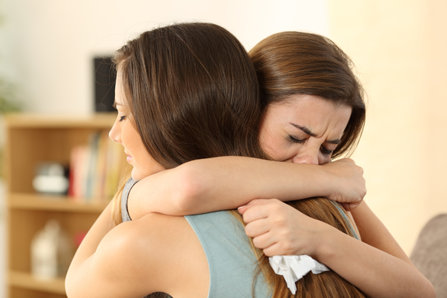
Provide support to friends whose loved ones are battling addiction.
It can be an incredibly difficult and lonely experience to watch someone you love struggle with addiction. Not only do you have to deal with the constant fear of your loved one having something bad happen—even dying—but you also have to deal with snarky comments and judgment from others. If we all really understood what it felt like to be in this position there wouldn’t be so many people who are quick to make snide remarks. These type of comments only make things worse. Sometimes the best thing you can do for a friend addicted to drugs or alcohol is to be a non-judgmental shoulder to cry on. A little kindness in these type of situations can go a long way.
Educate yourself on the realities of addiction.
This is especially important if you have children. Too many parents have turned a blind eye to their child’s substance abuse because they believed the lie that their children would never use drugs. Learn about the signs and symptoms of drug abuse and what is going on in the world. There are pills on the streets made with fentanyl that are killing people who have even only tried them once. People buy them thinking they are “pharmaceutical” grade and therefore “safe” and then sometimes they never wake up. Learn about these realities and talk about them with your kids.
Learn how to recognize and respond to a drug overdose.
You never know when learning how to spot an overdose may help save someone’s life. It may not even be someone you know, but knowing when to call 911 can make a huge difference to the chance of someone surviving. Too many people say, “It isn’t my job to save someone who uses drugs.” To that I say, helping to save someone’s life isn’t about who’s “responsible”—it’s about doing the right thing.
Volunteer or help out at events that promote addiction awareness.
There are several events across the country aimed at helping educate the public and raise awareness on these issues. If you have the time or resources to help volunteer at one of these events it would be well worth your effort. This is something that can have a positive impact on many people’s lives and it sets a good example to future generations.
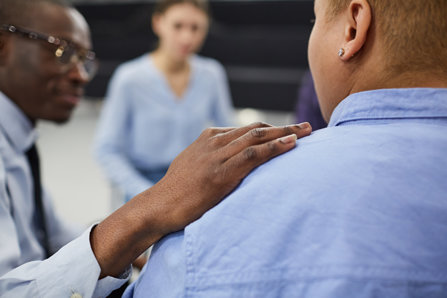
Show some compassion and help end the stigma.
Many people do not reach out for help because they are afraid of what other people will say or think. There is one thing that every single person can do that won’t cost them anything but will make a world of difference: simply being kind. Having a heart and empathy for another person when they are hurting is what makes us all human. If more people were willing to do even just this one thing, who knows how many people it could help save.
